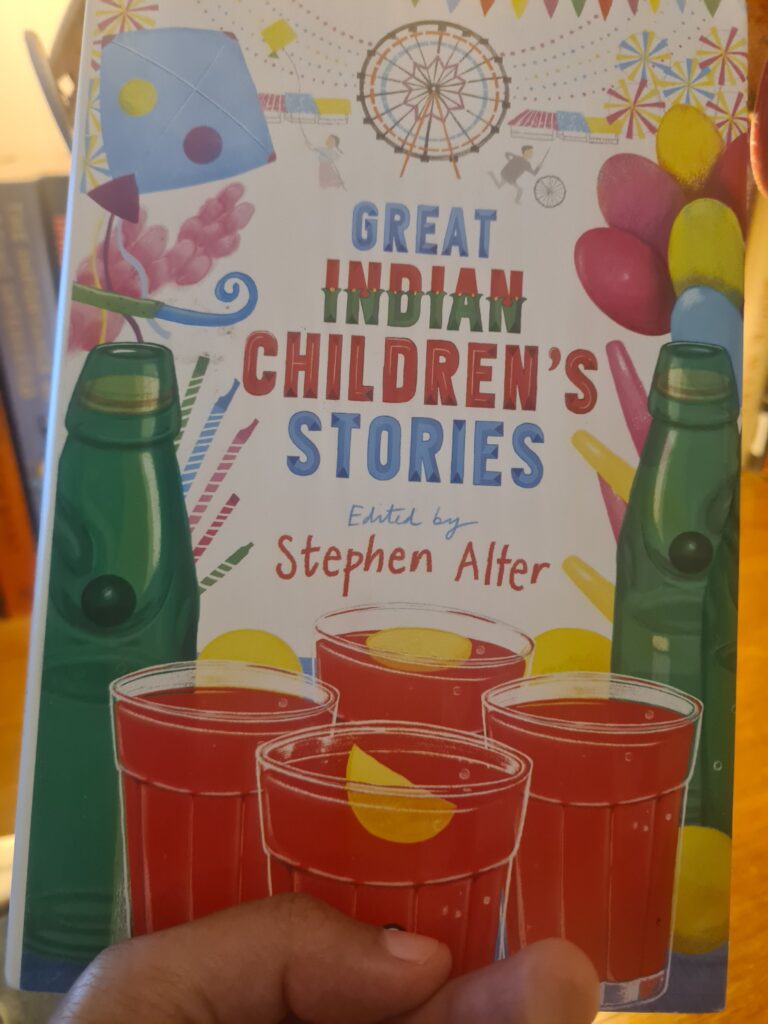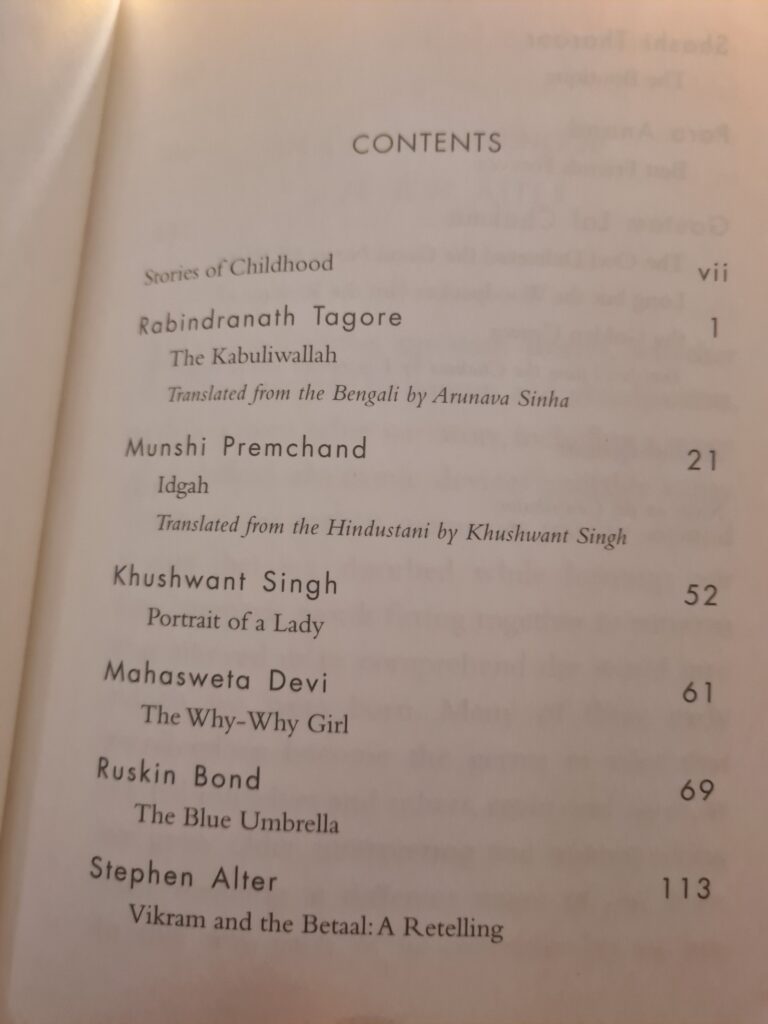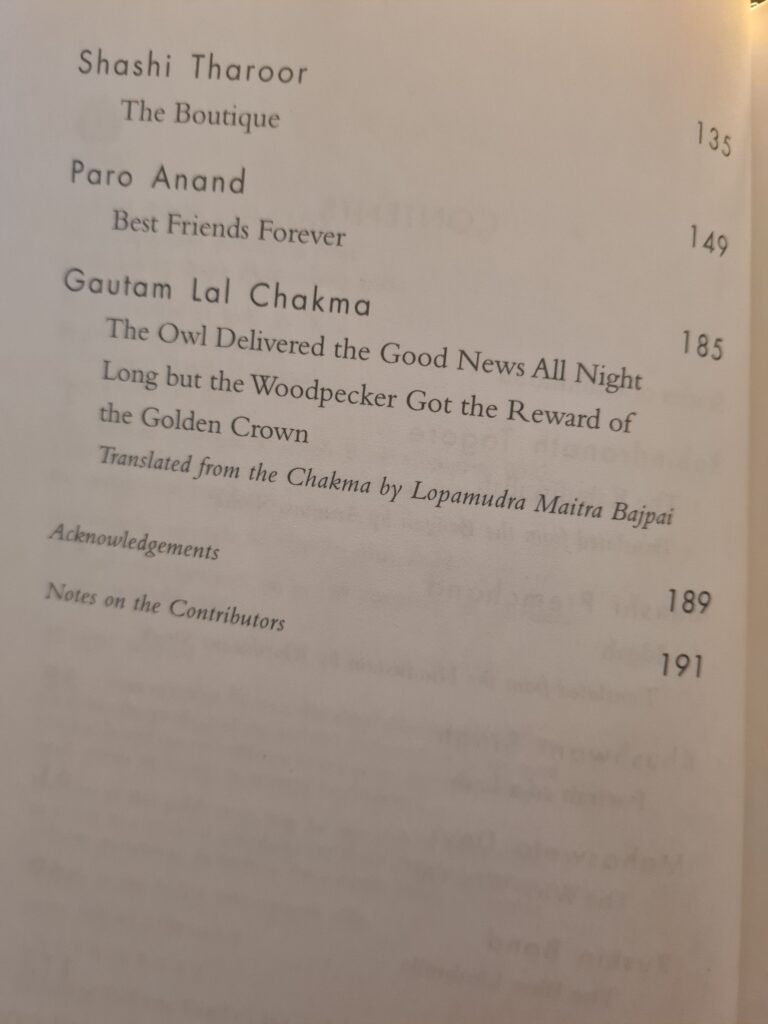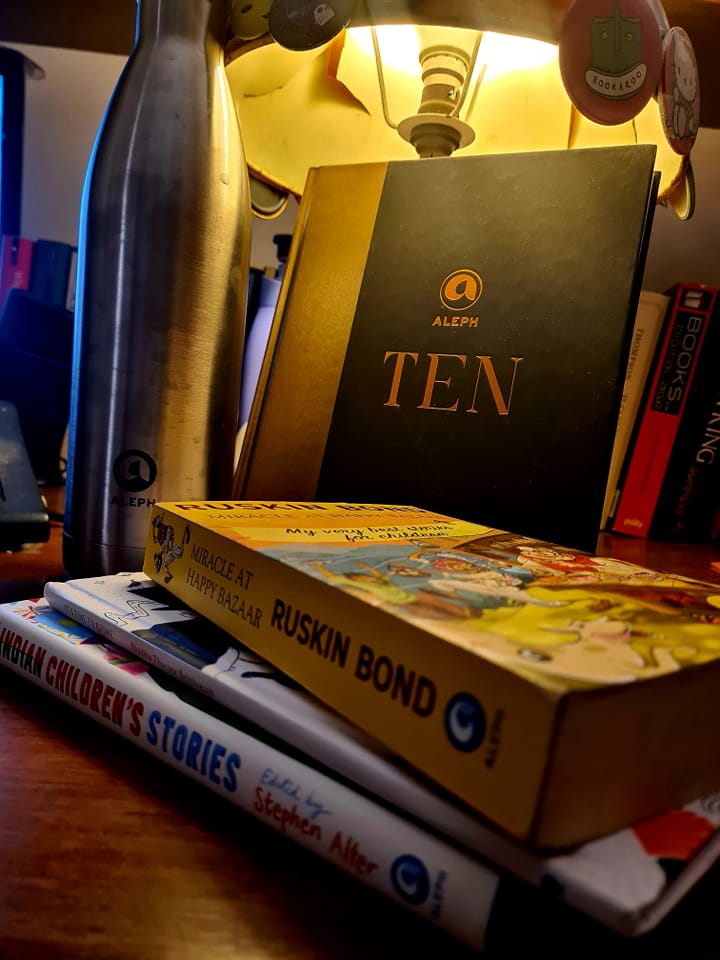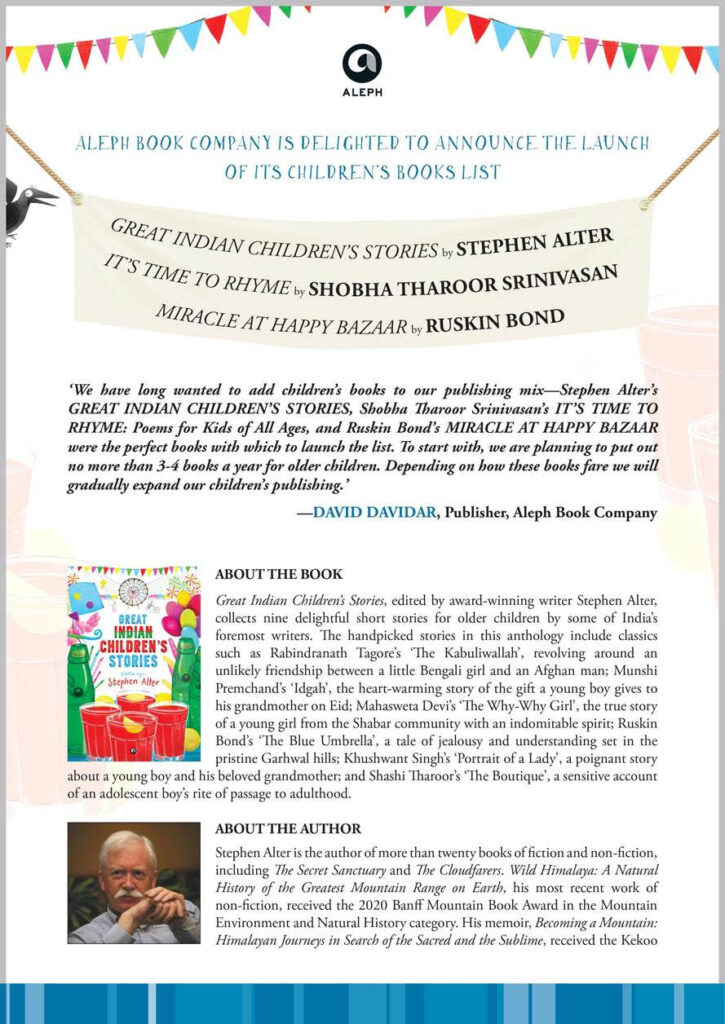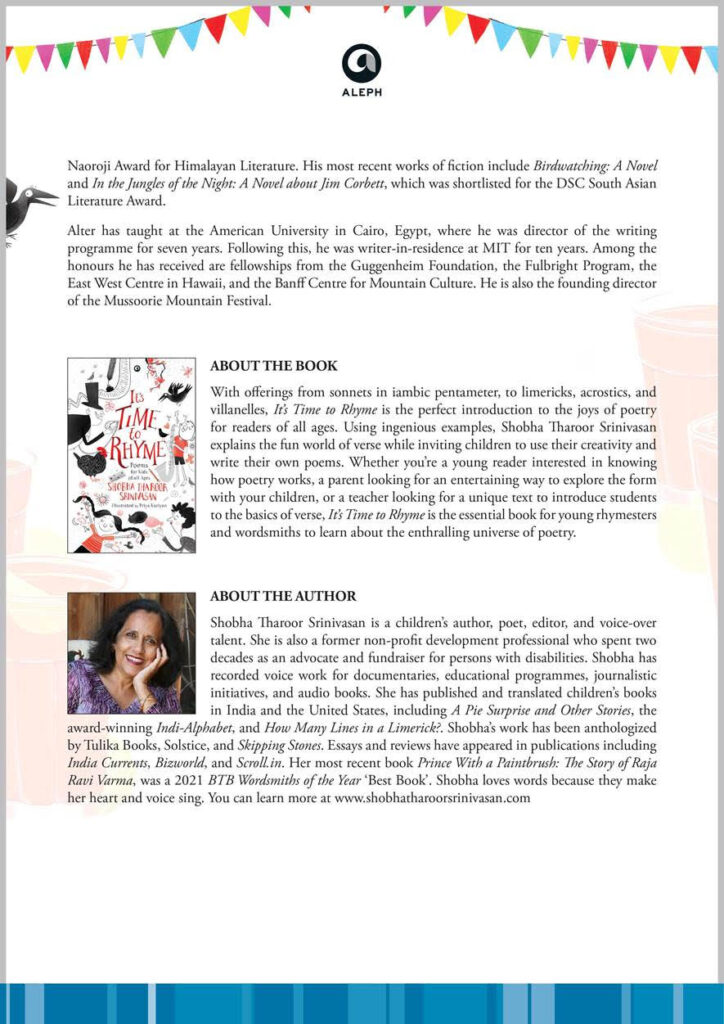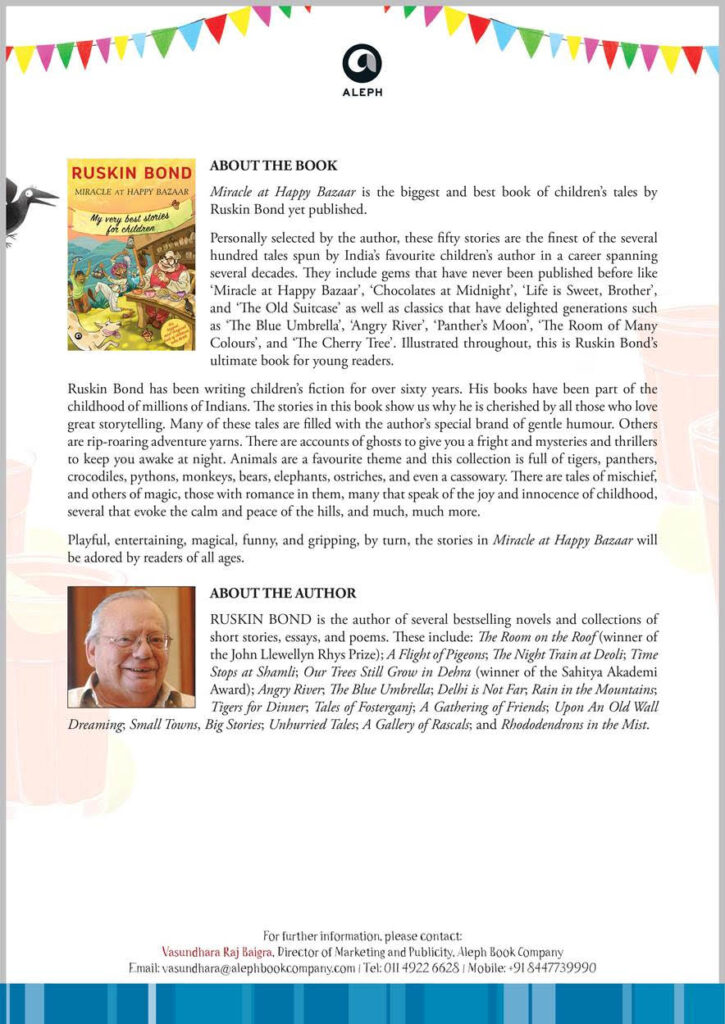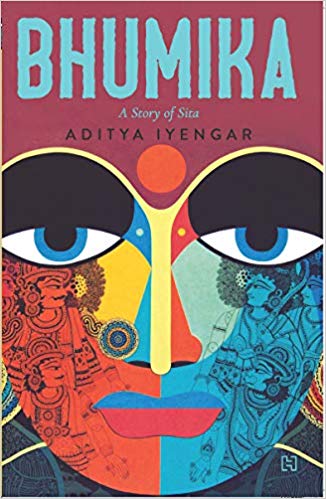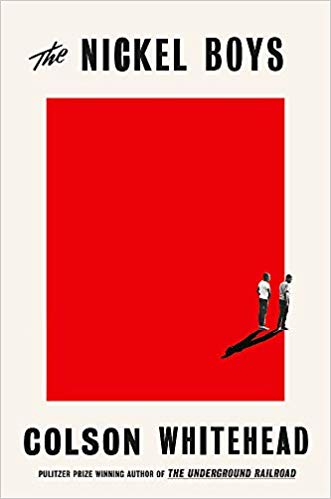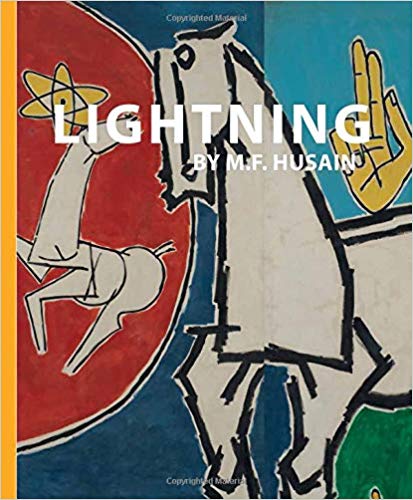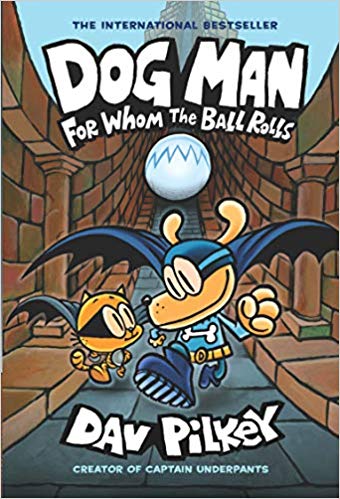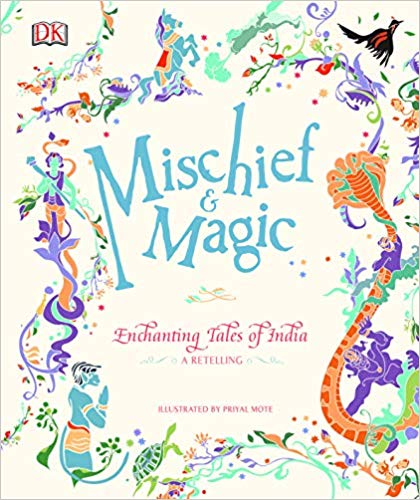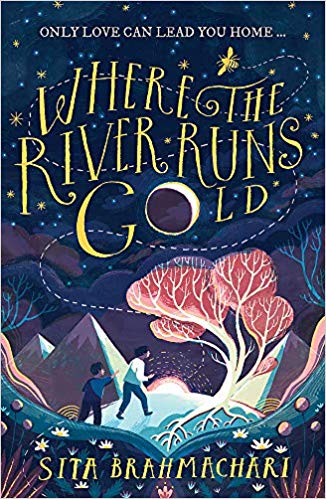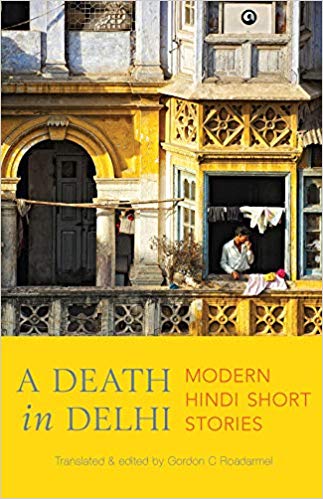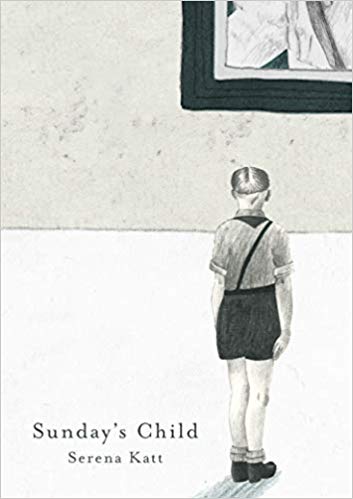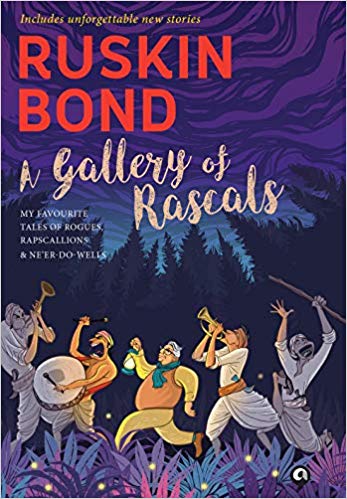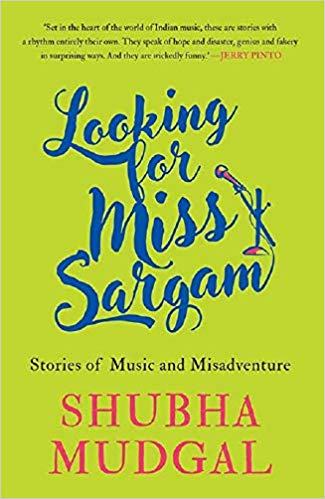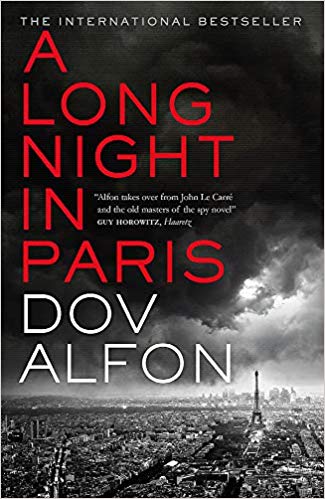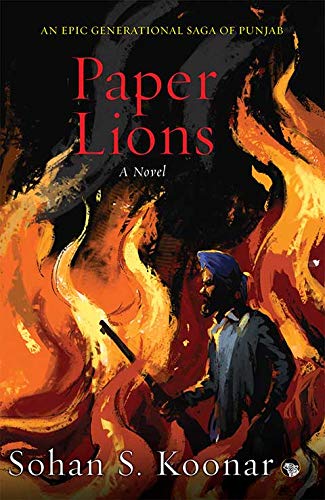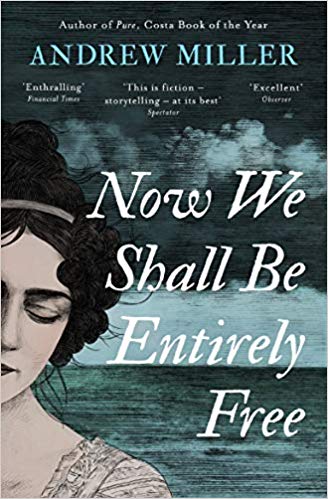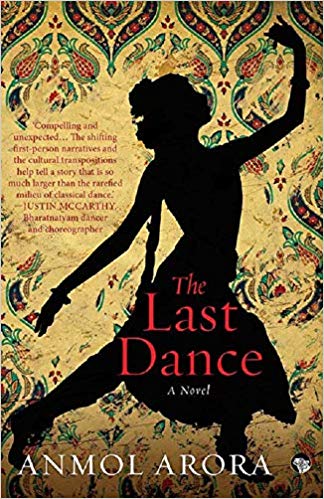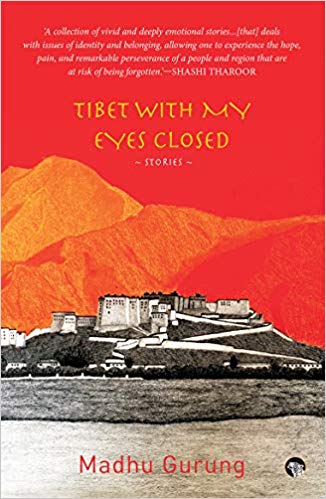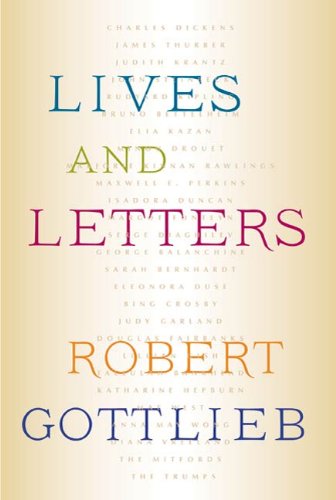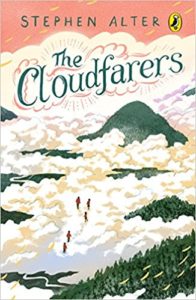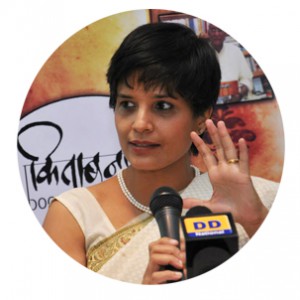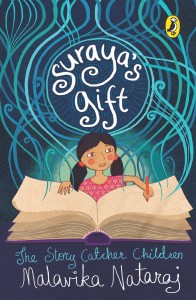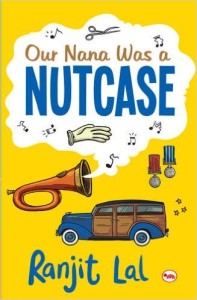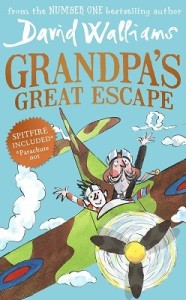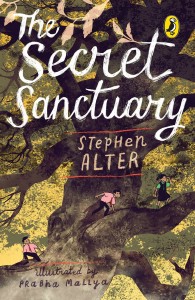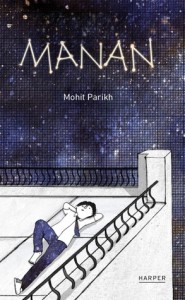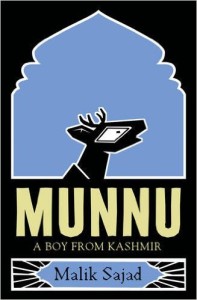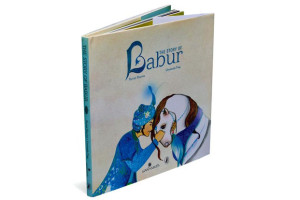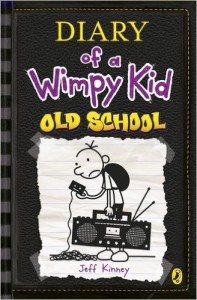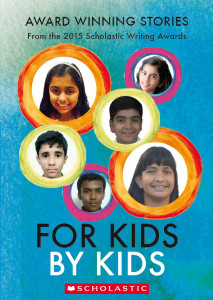( My column, “PubSpeak”, in BusinessWorld online focuses on the Wendy Doniger book controversy. Here is the url to it: http://businessworld.in/news/economy/total-recall/1266222/page-1.html . )
 On 11 February, Penguin Books India reached a compromise drawn up in a Delhi Court that insisted it cease the publication and sale of American Indologist, Wendy Doniger’s book The Hindus: An Alternative History in India within six months. Dina Nath Batra of Shiksha Bachao Andolan Samitri had filed a civil suit against the publishers to withdraw from circulation all copies. Given that Batra had filed the case four years ago and it was still subjudice, the news of this compromise spread like wildfire. Later that day, Doniger issued a press statement “I was, of course, angry and disappointed to see this happen, and I am deeply troubled by what it foretells for free speech in India in the present, and steadily worsening, political climate. And as a publisher’s daughter, I particularly wince at the knowledge that the existing books (unless they are bought out quickly by people intrigued by all the brouhaha) will be pulped. But I do not blame Penguin Books, India. Other publishers have just quietly withdrawn other books without making the effort that Penguin made to save this book. Penguin, India, took this book on knowing that it would stir anger in the Hindutva ranks, and they defended it in the courts for four years, both as a civil and as a criminal suit. They were finally defeated by the true villain of this piece — the Indian law that makes it a criminal rather than civil offense to publish a book that offends any Hindu, a law that jeopardises the physical safety of any publisher, no matter how ludicrous the accusation brought against a book.”
On 11 February, Penguin Books India reached a compromise drawn up in a Delhi Court that insisted it cease the publication and sale of American Indologist, Wendy Doniger’s book The Hindus: An Alternative History in India within six months. Dina Nath Batra of Shiksha Bachao Andolan Samitri had filed a civil suit against the publishers to withdraw from circulation all copies. Given that Batra had filed the case four years ago and it was still subjudice, the news of this compromise spread like wildfire. Later that day, Doniger issued a press statement “I was, of course, angry and disappointed to see this happen, and I am deeply troubled by what it foretells for free speech in India in the present, and steadily worsening, political climate. And as a publisher’s daughter, I particularly wince at the knowledge that the existing books (unless they are bought out quickly by people intrigued by all the brouhaha) will be pulped. But I do not blame Penguin Books, India. Other publishers have just quietly withdrawn other books without making the effort that Penguin made to save this book. Penguin, India, took this book on knowing that it would stir anger in the Hindutva ranks, and they defended it in the courts for four years, both as a civil and as a criminal suit. They were finally defeated by the true villain of this piece — the Indian law that makes it a criminal rather than civil offense to publish a book that offends any Hindu, a law that jeopardises the physical safety of any publisher, no matter how ludicrous the accusation brought against a book.”
 Penguin Books India released a statement on 14 February stating “a publishing company has the same obligation as any other organisation to respect the laws of the land in which it operates, however intolerant and restrictive those laws may be. We also have a moral responsibility to protect our employees against threats and harassment where we can…. The settlement reached this week brings to a close a four year legal process in which Penguin has defended the publication of the Indian edition of The Hindus by Wendy Doniger. We have published, in succession, hardcover, paperback and e-book editions of the title. International editions of the book remain available physically and digitally to Indian readers who still wish to purchase it.”
Penguin Books India released a statement on 14 February stating “a publishing company has the same obligation as any other organisation to respect the laws of the land in which it operates, however intolerant and restrictive those laws may be. We also have a moral responsibility to protect our employees against threats and harassment where we can…. The settlement reached this week brings to a close a four year legal process in which Penguin has defended the publication of the Indian edition of The Hindus by Wendy Doniger. We have published, in succession, hardcover, paperback and e-book editions of the title. International editions of the book remain available physically and digitally to Indian readers who still wish to purchase it.”
What followed the announcement perhaps was only a natural outcome given the speed at which social media helps communicate information. There was public outrage at this development— newspapers, print, digital, and, of course, social media forums. A number of commentators, journalists, and even Penguin authors wrote passionately against Penguin Book India’s decision to destroy the book. Arundhati Roy in an open letter spoke of her distress and said “You owe us, your writers an explanation at the very least”. Nilanjana Roy, author and member of PEN Delhi wrote on censorship and how to remain free; Jakob de Roover in an outstanding essay “Untangling the Knot” discussed the complexities of governance, judiciary and free speech; journalist Salil Tripathi commented perceptively on the issue on many platforms ; Stephen Alter wrote, “Both as a writer and as a reader, I am deeply offended that anyone should dictate what I may read or write”; Penguin author and essayist, Amit Chaudhuri reiterated that “It’s important that the law protect all texts”; and Antara Dev Sen, Editor, The Little Magazine, wrote that the Indian Penal Code “Section 295A targets ‘deliberate and malicious acts (which include speech, writings or signs) intended to outrage religious feelings of any class by insulting its religion or religious beliefs’. In an age of identity politics and hurt sentiments, this has been used frequently by politically motivated people to stifle free speech. But back in 1957, the Supreme Court had ruled that only when there is a ‘deliberate and malicious intention of outraging religious feelings’ is it an offence under this law. Higher courts in India have consistently ruled in favour of freedom of speech and have protected books and people hauled to court under this law.”
In fact, two Penguin authors, Siddharth Varadarajan and Jyotirmaya Sharma, asked for their contracts to be terminated. Another Penguin author, Arshia Sattar (who has translated Valmiki’s Ramayana and the Kathasaritsagara from Sanskrit to English) expressed her dismay at the “complete capitulation” of the firm and how her “pride and that faith has been shaken…of being with a publishing house that protected its people and the books they wrote”.
A counter legal initiative perhaps was expected. According to the website, Legally India, advocate Lawrence Liang, part of the Bangalore-based Alternative Law Forum, has issued a 30-paragraph legal notice to Penguin India, claiming that the publisher has violated freedom of speech laws and readers’ rights by agreeing to destroy all copies of Wendy Doniger’s book ‘The Hindus’. The notice sent on behalf of Liang’s clients, Shuddhabrata Sengupta and Aarthi Sethi, argues that because Penguin has agreed to withdraw the book from India and destroy all copies, after a legal dispute with a religious group, it has “effectively acknowledged that it is no longer interested in exercising” its ownership in the work and should surrender its copyright to the Indian public. Sengupta is a Delhi-based artist and writer, while Sethi is an anthropologist with a “deep interest in Hindu philosophy”, according to the legal notice. Both are “avid bibliophiles” and were apparently “delighted” when Penguin published Doniger’s book, “and as people who have closely followed the scholarly contributions of the said author they regard this book to be a significant contribution to the study of Hinduism. They consider Ms Doniger’s translations of Indian classical texts and her work on various facets of Hinduism from morality in the Mahabharata to the erotic history of Hinduism as an inspiration for their own intellectual pursuits.”
At the recent Globalocal event (German Book Office, New Delhi’s annual B2B conference on publishing), a regional language publisher wondered if it was possible for any other publisher to option this book and publish it, after all it has not been legally banned in this territory. Echoing this sentiment, Shamnad Basheer, IPR lawyer, writing in Spicy IP, reflected upon the pros and cons of compulsory licensing, and whether it was possible if a publisher decides to stop publication, one could apply for a compulsory license.
Globally Penguin has been in the news related to their peripheral businesses and their merger with Random House. In 2012, Pearson PLC (of which Penguin Books India is a part of) acquired the self-publishing firm, Author Solutions, for $116 million. But in 2013, this deal soured as a number of disgruntled authors filed lawsuits against Author Solutions for its poor service. In the landmark case pertaining to ebooks and agency pricing, in April 2012, the US Department of Justice sued Apple and five publishers, including Penguin, for conspiring to raise prices and restrain competition. This was done after Amazon filed a complaint with the Federal Trade Commission. In 2013, Penguin was obliged to pay $75 million. George Packer observes in the New Yorker, “an enormous sum in a business that has always struggled to maintain respectable profit margins”. On 1 July 2013, the global merger between Penguin Books and Random House was announced. It was a strategic alliance, forged as a response to the growing presence of Amazon in the publishing industry. The formation of Penguin Random House (PRH) has created a group that has 25 per cent of the market share. A merger comes at a cost of resources that have to be taken into account for the new firm to begin work on a strong footing.
In Oct 2013, Penguin Random House announced the completion of its purchase of Ananda Publishers Private Limited’s minority stake in Penguin Books India. It plans to invest Rs 55 crore or $8.6 million for this stake buy. As banker-turned-author Ravi Subramanian, with whom in June 2013 Penguin Books India signed a two-book deal worth an estimated Rs 1.25 crore (approx $210,700) wrote on his blog with respect to Doniger’s case, “publishing is a business”. For any firm, particularly in publishing, this is a lot of money being moved around its balance sheets. Naturally the ripple effect of these financial adjustments will be felt even in the local markets—it is like conducting business in a global village where in the context of a globally contacted world, the minimum consumption that people desire is also influenced by what is going on elsewhere.
Similarly, with the Doniger case, Penguin Books India has probably taken an informed business decision, based upon a global strategy when it signed this deal on 11 February, in order to preserve a healthy English-language publishing market in India.
Chiki Sarkar, Publisher, Penguin Books India, in a guest blog post in 2012 during the Banned Books week, had this to say: “Injunctions make things costly, time consuming, and take our energies away from the work we are really meant to do. And so we try and avoid them as much as possible. Apart from the fact that we don’t fight hard enough for them, I wonder whether it means we impose a kind of self-censorship on ourselves.”
Ironically this latest controversy broke exactly twenty-five years after the fatwa was issued against Salman Rushdie for his ‘Satanic Verses’ published by Penguin. At the time, his publishers stood by him and did not pulp the book. The fact is publishing is a business that is built upon the creative energies and emotions of people. India is also a functioning democracy. Freedom of speech is the right of every citizen. With the General Elections less than a hundred days away, the need for openness, frank conversations without any inhibitions, and certainly not a capitulation to any ideological position is imperative.
Scholar-journalist and historian Mukul Kesavan points out that that selling books is not like selling any other commodity. Publishers have moral responsibility and a publisher voluntarily agreeing to withdraw a book has previously been challenged with the case of James Laine’s book on Shivaji in 2007. Oxford University Press voluntarily agreed to withdraw the book. An FIR was issued against the publisher and printer of the book in Pune (one charge, under Section 153 A, was ‘inciting class hatred’) and the printer was actually arrested. When the case (‘Manzar Sayeed Khan vs State Of Maharashtra, 2007’) came up before the Supreme Court, however, the government of Maharashtra’s case against the author and the publisher of the book was found to be wanting. So, there is a precedent by the Supreme Court to rule in favour of free speech.
Nevertheless, the Wendy Doniger book controversy raises a bunch of issues pertaining to the publishing industry. Questions about legislation and the freedom of speech, what are the ethics involved in publishing, do readers and authors have a right that they can exercise, what does it mean for licensing, do possibilities exist in a mixed environment of digital and print publishing such as do readers have a choice?
Finally does this self-censorship by a publishing firm mean an inadvertent promotion for self-publishing, encouraging authors to be responsible for their books completely? Interestingly in a space of less than six weeks I have heard John Makinson, CEO, Penguin Random House and Jon Fine, Director, Author & Publishing Relations, Amazon talk about their publishing businesses and both have stressed upon the importance of discoverability of an author. This controversy could not have come at a better time for Doniger and even Penguin. They have achieved the Streisand effect whereby in an attempt to censor a piece of information, it has had the unintended consequence of publicising the information more widely. It has achieved what no PR could have—a boost in sales.
21 Feb 2014
